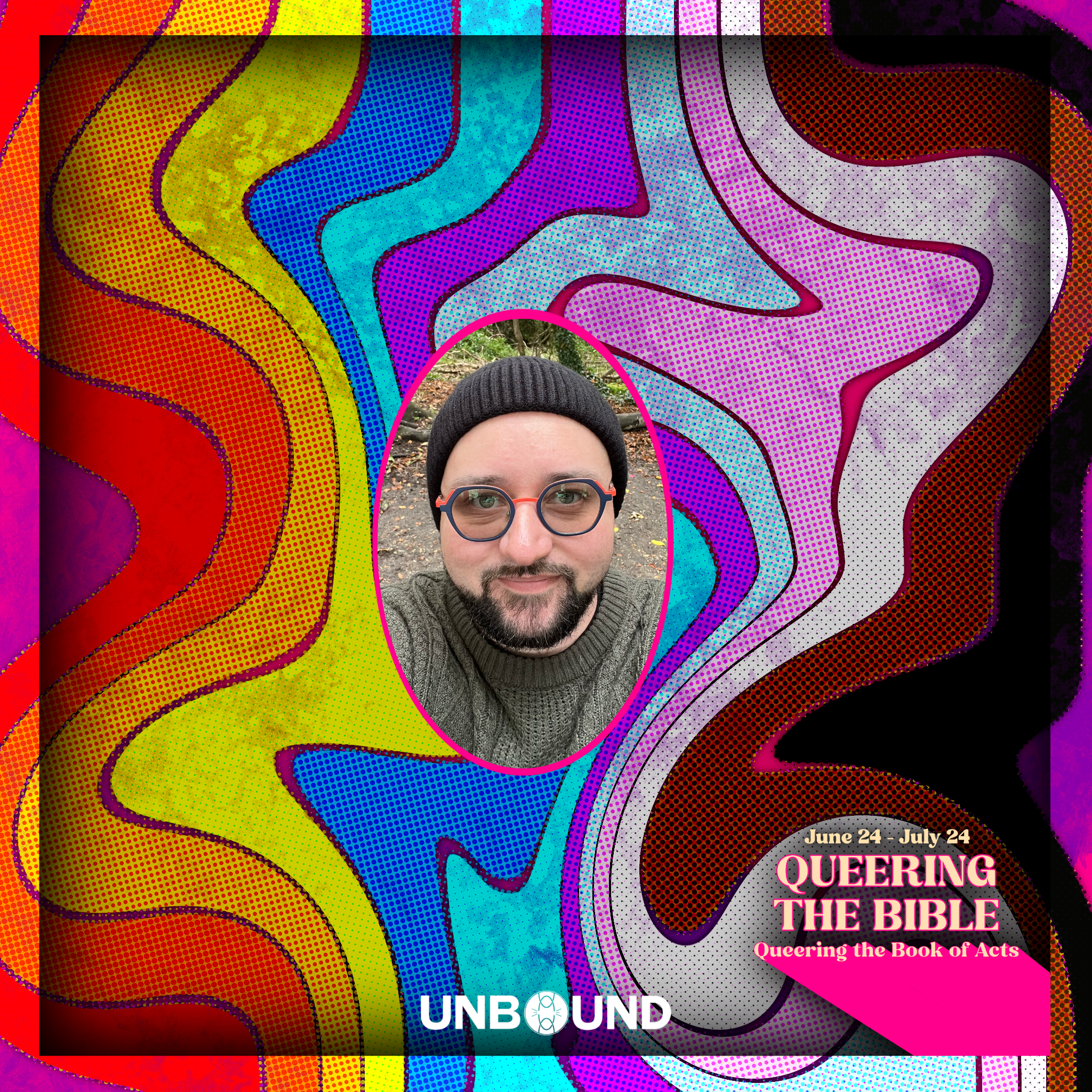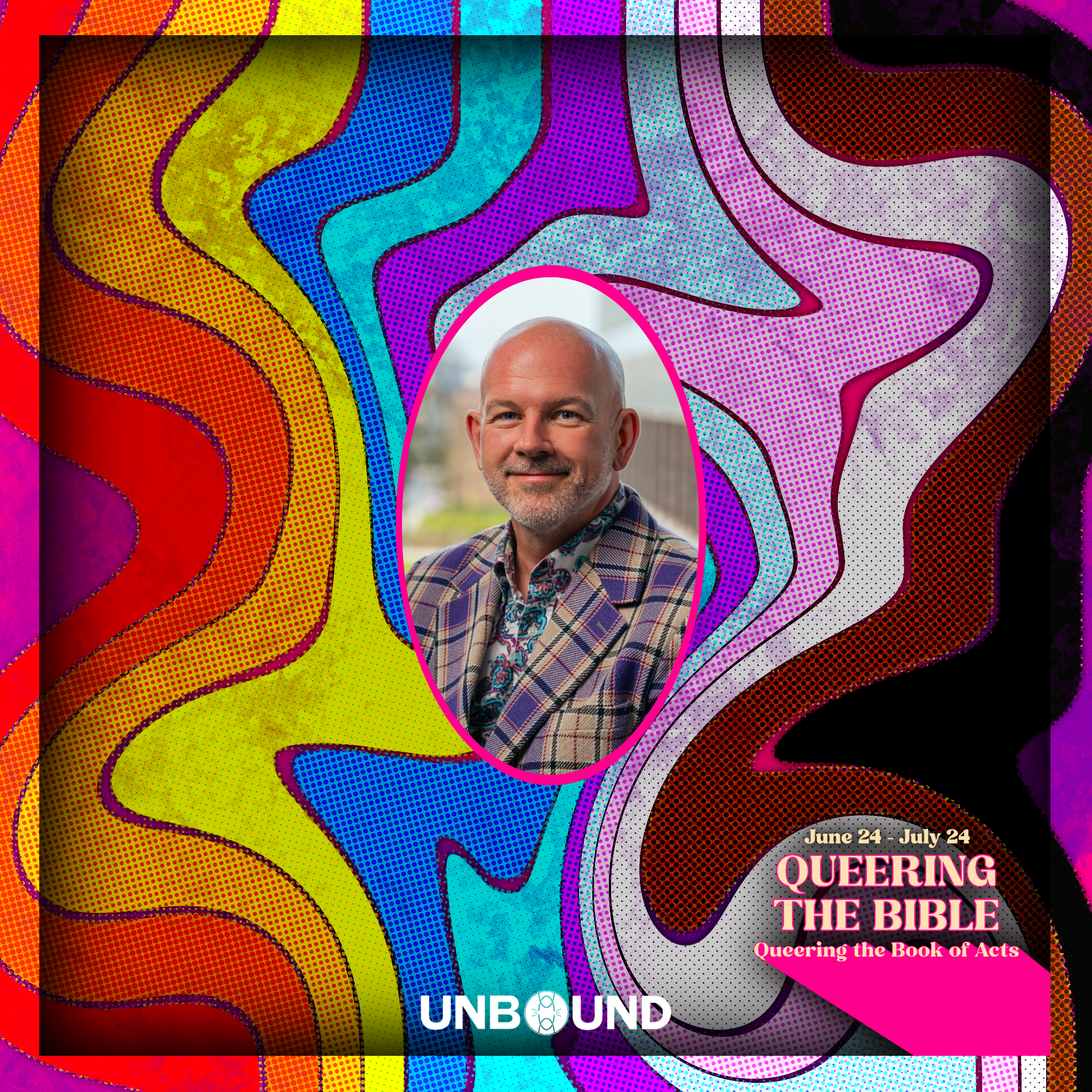Fall Quiet
I grew up in the United Methodist Church and sensed a call to ordained ministry from an early age. I loved mission trips, youth group, and dreamed of going to seminary. Yet I knew I was banned from ordained ministry because the UMC forbade “self-avowed, practicing homosexuals” from ordination. I still went to seminary because I believed God’s call on my life was greater than the UMC’s restrictive gate-keeping. In 2016, I traveled to the UMC’s highest governing body, General Conference, as part of a seminary field trip. Our class witnessed the debate on the denomination’s policies first-hand. I witnessed delegates from Methodist churches around the world spend days arguing about queer affirmation. The debate was acrimonious, fearful, and detached from the lived experience of queer Methodists. There were protests and tears. The anti-LGBTQ ban stayed on the books, and I decided to leave the UMC in search of an affirming church.
In Acts 15, we find Paul, Barnabas, and the other delegates from Antioch on their way to the early church’s own top legislative body in Jerusalem. They too faced a heated debate. The Jerusalem Council considered a question reminiscent of the one the UMC met to deliberate over more than 2,000 years later: who is inside and who is outside of the movement of Christ?
The delegates from Jerusalem argued that followers of Christ must be circumcised in accordance with Jewish practice. Paul and Barnabas argued that their Gentile converts did not need to be circumcised. Today, readers of Luke’s report on the Jerusalem Council know who ultimately won the debate. But there are lessons in how the debate was won.
“God, who knows people’s deepest thoughts and desires, confirmed this by giving them the Holy Spirit, just as he did to us,” Peter says in Acts 15:7. The description of God in this text is one word in Greek: kardiognōstēs. It combines the Greek words for “heart” (kardio) and “knower” (gnosta). This is the core lesson of the debate. Aside from all of the theological arguments, appeals to ancient tradition, and preservation of the status quo, the Holy Spirit is at work in the hearts of God’s people. And God knows our hearts.
God knows the heart of queer Christians, who have persevered and persisted in the body of Christ despite great harm and derision thrown our way. Restrictive anti-LGBTQ policies of churches and denominations were no barrier for the Holy Spirit working in the lives of queer Christians.
God knowing our hearts is confirmed by the fact that we see the Holy Spirit working in the lives of so many queer Christians today. What the Holy Spirit inspires cannot be limited by human means. The lived reality that God was working in new ways in the Early Church is the foundation of the Jerusalem Council’s decision to choose the side of acceptance.
How did the Council of Jerusalem come to understand the lived experience of Christians beyond their limited understanding of the ways God was working in the world around them? They listened.
The entire assembly fell quiet as they listened to Barnabas and Paul describe all the signs and wonders God did among the Gentiles through their activity.
They stopped the proof texting. They stopped the arguments. They stopped the debate. And they listened. They listened to the lived experience of uncircumcised Christian men as recounted to them by Barnabas and Paul. God was at work among these Gentiles! The space to listen to and see how God was working in new ways was only opened when the leaders of the church stopped to listen. That’s hard for leaders to do. Have you ever been to a church council meeting where the people in charge didn’t lead with their own thoughts on the issue?
What led to the silence at the Council of Jerusalem is also important to acknowledge. It wasn’t an intentional decision by the leaders to set up a Quaker-like setting of silence to listen for the Holy Spirit. They started with arguments. But then they fell quiet as they listened.
Where can we fall quiet today? The church can fall quiet as it listens to the harm inflicted on queer Christians. Recent affirmation doesn’t fully remedy the decades of targeted harm. There must be room to listen and discern acts of repair. White queer Christians can fall quiet as we listen to the unique experiences of queer Christians of color who have faced anti-LGBTQ hate mixed with white supremacist church structures. Cisgender Christians can fall quiet and listen to the unique struggles of trans Christians who face an onslaught of legislative and cultural attacks in the United States today.
Wherever there is debate within the body of Christ, may we fall quiet and listen to the lived experiences of how the Holy Spirit is moving beyond our imagination.
It’s true that in opening the church to uncircumcised men, Acts 15:20 goes on to state that these new converts must “avoid the pollution associated with idols, sexual immorality, eating meat from strangled animals, and consuming blood.” These are the “essentials” the Council of Jerusalem urges believers to follow. Yet, in the meeting of the Council of Jerusalem, the “essentials” of following Christ change. By seeing how the Holy Spirit is working and falling quiet from our theological debates to listen to the lived experiences of queer Christians, many Christian councils today again choose the side of acceptance. The Heart-Knowing God leads us to a new understanding of the “essentials” rooted in love, justice, and mercy.
A few weeks ago, the United Methodist Church finally removed the anti-LGBTQ policies and opened the door to queer Methodists to marry and be ordained in the denomination. It’s the latest and largest of many Christian groups in the United States to make the move towards affirmation. I’m happy for my queer Methodist kin, and I also have compassion in this moment for the many queer Methodists like myself who left the church prior to this year’s vote. I look back on the younger version of myself and see confirmation that God knew my heart and the Holy Spirit was moving me to be part of the body of Christ. I’m glad the delegates finally listened.

Guthrie Graves-Fitzsimmons is a writer and activist. He’s the author of “Just Faith: Reclaiming Progressive Christianity” (Broadleaf Books, 2020) and writes regularly for MSNBC, CNN and other outlets. He holds a Master of Divinity degree from Union Theological Seminary in New York City and is currently pursuing a Doctor of Ministry in Prophetic Leadership degree at Iliff School of Theology in Denver.



Unbound Social